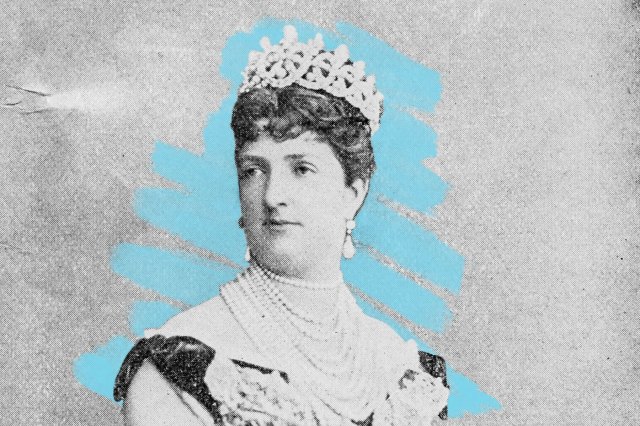Why Europeans were scared of tomatoes
Saturday, May 25, 2024
There's a reason why the humble tomato used to be known by the far more sinister moniker of "poison apple": Europeans feared tomatoes for centuries and believed they were poisonous. |
| |
| |
|
 |
|
| T here's a reason why the humble tomato used to be known by the far more sinister moniker of "poison apple": Europeans feared tomatoes for centuries and believed they were poisonous. As recently as the 18th century, it was thought that aristocrats were falling ill and even dying after eating tomatoes — a misconception stemming from the use of pewter plates, which contained high lead content. The fruit, which is highly acidic, would leach that lead and then poison the unlucky eater. The fear of tomatoes was just as prevalent across the pond, where some American farmers believed that the green tomato worm was "poisonous as a rattlesnake" (in the words of one New York farmer). An entomologist named Benjamin Dann Walsh eventually set the record straight, writing that the insect in question was "merely an ugly-looking worm which eats some of the leaves of the tomato," and by the late 1800s, more people began to appreciate tomatoes for the nutritious treat they are. |
|
|
| That change of heart was thanks in part to the increasing popularity of pizza, of which Italy's Queen Margherita (sound familiar?) was known to partake. It's believed by some that Raffaele Esposito, a baker from Naples often credited with inventing the modern pizza, used the Italian flag's three colors as inspiration: red tomatoes, white mozzarella, and green basil. If anything explains an entire continent overcoming its irrational fear of tomatoes, it makes sense that it would be pizza. |
|
 |  |
|
|
 |
|
| |
|
| Genes in a tomato (humans have 20,000 to 25,000) | | | 31,760 |
| | | Weight (in pounds) of the world's heaviest tomato | | | 11.65 |
| | | Weight (in pounds) of the world's heaviest tomato | | | 11.65 |
|
|
|
| Varieties of tomato | | | 10,000+ |
| | | Pounds of tomatoes the average American ate in 2022 | | | 19 |
| | | Pounds of tomatoes the average American ate in 2022 | | | 19 |
|
|
|
 |
|
 | | Did you know? |
|
|
Tomatoes have been grown in space. |
|
| A little more than 600 people have been to space. So have tomatoes. Seeds for Red Robin dwarf tomatoes were delivered to members of the International Space Station in November 2022 as part of NASA's Pick-and-Eat Salad-Crop Productivity, Nutritional Value, and Acceptability to Supplement the ISS Food System (try saying that five times fast) initiative, essentially a program meant to give astronauts more food options while in orbit. The seeds, which were delivered in specialized grow bags called "plant pillows," require a controlled-release fertilizer to grow in zero gravity and take longer to sprout than they would on Earth. Good things are worth waiting for, especially in orbit. |
|


posted by June Lesley at 4:01 AM










![]()
![]()






0 Comments:
Post a Comment
<< Home